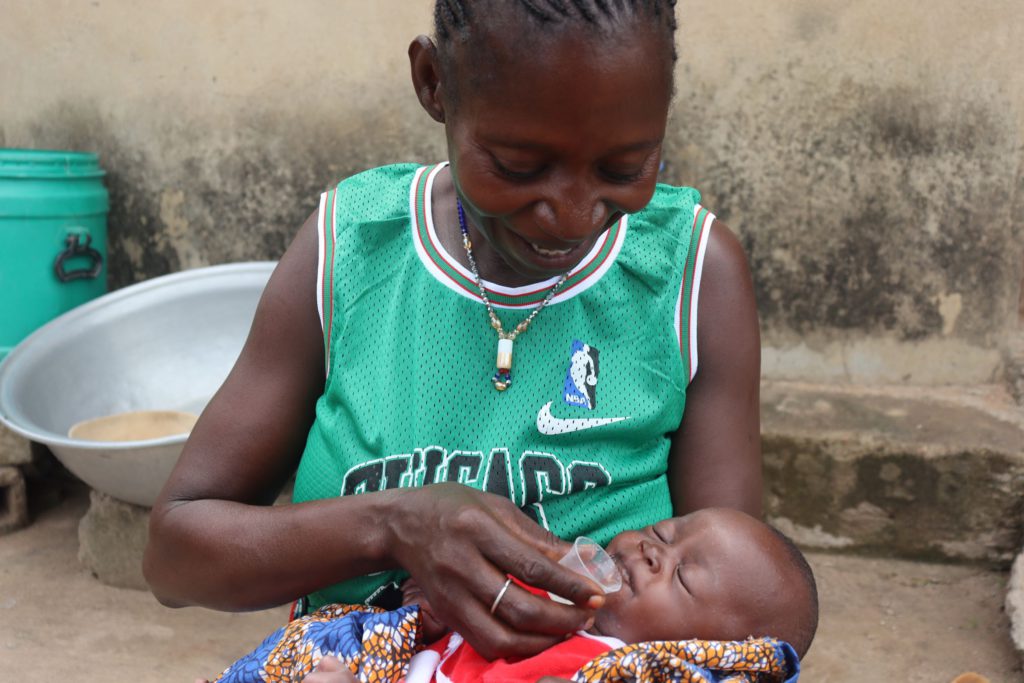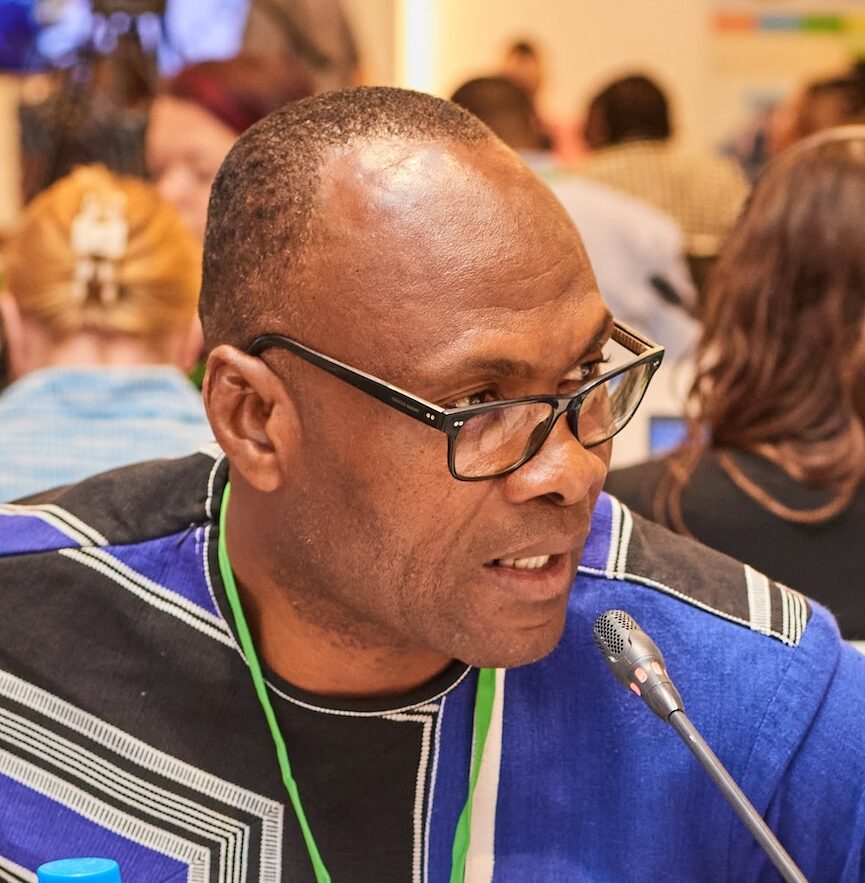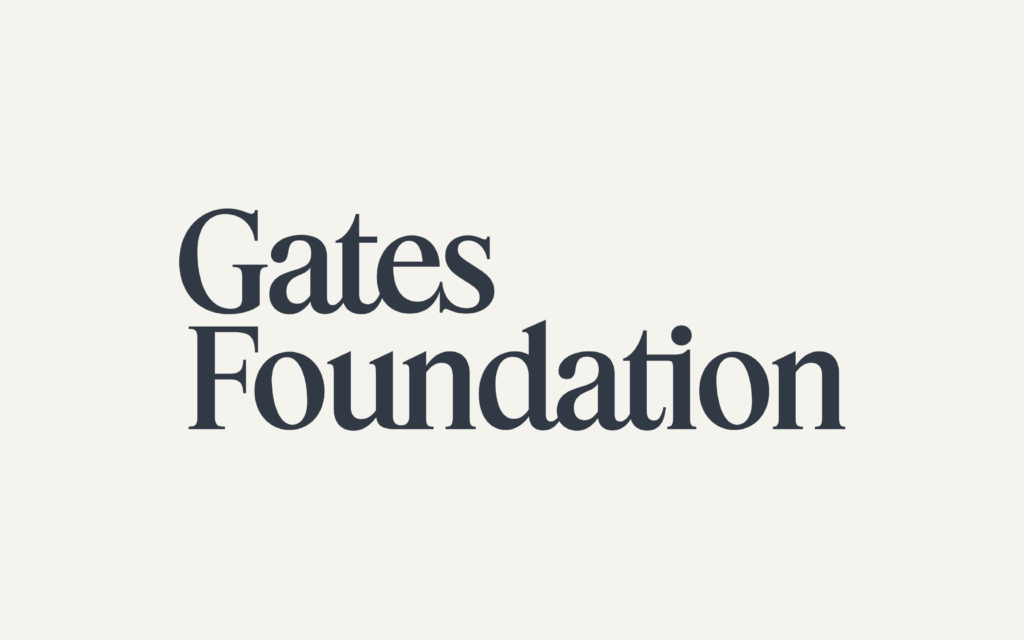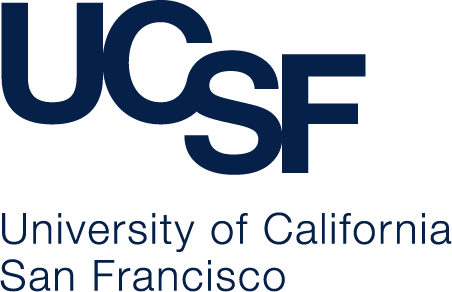Ouagadougou, August 2025
The Government of Burkina Faso has announced a major step forward in its fight against preventable child mortality, as the integrated REACH intervention is rolled out across the country.
Building on the success of the MIRAMA project, the Ministry of Health will now expand the REACH intervention, which includes mass drug administration (MDA) of azithromycin, to children aged 1–59 months in high-mortality regions the length and breadth of Burkina Faso.

The decision to scale up REACH in the country was confirmed by Minister of Health, Dr Robert Lucien Jean-Claude Kargougou, and was based on recommendations from the national Prophylactic Mass Administration of Azithromycin advisory committee.
This new expansion phase will prioritise the Cascades, Est, Boucle du Mouhoun, Hauts-Bassins, Sud-Ouest, and Sahel regions.
National scale-up will begin in 2026, with the intervention set to progressively cover high-child-mortality areas in all parts of the country.
Building on solid foundations
The expansion of REACH is based on the long-running MIRAMA project, which was integrated with the national Vitamin A+ platform (JVA+) in Burkina Faso, delivering azithromycin to children aged 1–11 months in the Centre-East, Hauts-Bassins, and South-West regions.
Intervention teams will now be using the evidence and experience generated during that initial phase to ensure effective and efficient combined interventions for infants across the country.
By significantly expanding access to azithromycin, the Ministry of Health aims to achieve even greater impact in the most vulnerable communities, and to bring the country closer to its goal of 25 under five deaths per 1,000 live births.
Evidence and data save lives
Approving REACH scale-up in his country, Burkinabè Minister of Health Dr Robert Lucien Jean-Claude Kargougou said:
“The REACH azithromycin intervention is an important tool in the fight against infant mortality.
“It is a major contribution to the fight against poverty, as well as to the government’s efforts to achieve the Sustainable Development Goals.”

Dr Souleymane Sidibé, REACH Network Country Focal Point and Coordinator of the MIRAMA project with Helen Keller International (HKI) in Burkina Faso, said:
“The scale-up of REACH in Burkina Faso will allow us to take this proven intervention into new regions and territories.”
“We are deeply grateful to the Ministry of Health for its leadership and for approving the administration of azithromycin in high-child-mortality areas across the country,” Dr Sidibé continued.
“This decision is the result of tireless work by community health workers and of the trust placed in REACH teams by families and communities across our intervention areas.
“We will now be doing our utmost to repay that trust – and to expand our work into the new priority regions, so that many more children can benefit from our interventions.”

Dr Souleymane Sidibé
REACH Network Focal Point, Burkina Faso
COLLABORATION
Long-term partnerships paying off
REACH scale-up in Burkina Faso will be conducted with the ongoing, unwavering support of the Gates Foundation.
REACH teams and the Burkinabè Ministry of Health will also be counting on support from their long-term academic partnership with the University of California, San Francisco (UCSF).


UCSF teams will be working with implementers to conduct Monitoring & Evaluation activities during scale-up, to ensure the intervention gets the rigorous oversight that will ensure it remains both effective for target populations and responsible in its use of antibiotics.
In the fight against preventable child deaths, partnership is paramount:
every dose matters, and every child counts.

